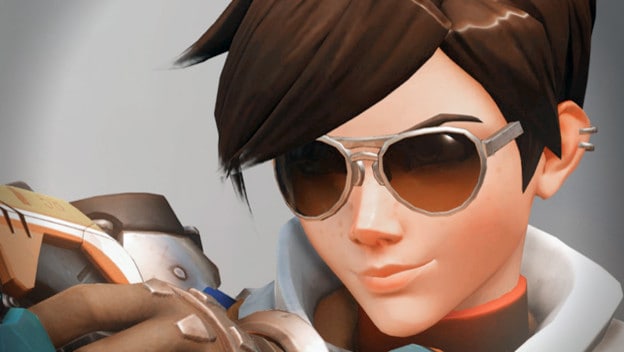Details, details, details. Sometimes it’s all about the small stuff.
We all play games for different reasons. Maybe you enjoy the adrenaline rush that comes from a successful killstreak in a shooter, or perhaps you derive satisfaction from being one of the first players in the world to clear difficult raids in MMOs. You might even love wandering aimlessly around in Skyrim or wringing every line of text out of NPCs in RPGs. Our sources of enjoyment may differ, but we should all be able to appreciate artistry in game design. It’s easy to overlook the small touches that developers add to their games in favor of their more prominent elements, and that’s a shame.
When was the last time you paid attention to a game’s font? What about its menu design? You may not think that these things matter, but compare, say, the UI found in Dragon Quest VII – which is by no means a faulty game, yet remains deeply tradition-bound – with the slick menus of Persona 5. Dragon Quest ‘s are decidedly straightforward, while Persona’ s exude mood and personality. The former’s are purely functional; the latter’s augment the game’s atmosphere and bring cohesion to its stylistic vision. Sure, they accomplish the same tasks – allowing you to sift through your inventory, outfit your characters, and reference useful information – but one is a hell of a lot more fun to use.
Think about Overwatch ‘s large and expressive cast. Each is defined by a huge personality and unique physical appearance. Yet their characteristics shine through even when playing from first person, thanks in no small part to the subtle animations of their hands. Lucio spins his turntable to boost his musical abilities, Reaper throws his guns to the ground instead of reloading, and D.Va’s fingers click the joystick triggers on her custom mech. It’s leagues above the simplistic animations found in its predecessors, and does much to bring the characters to life.
A detail-oriented approach to game development benefits players from a mechanical standpoint as well. Pokemon Sun & Moon released this month to widespread acclaim, and many players have rightly noticed the quality-of-life improvements made to the core Pokemon formula. The replacement of HMs with Ride Pokemon eliminates a mechanic that was never challenging, only tedious and limiting. Even better is the simplification of Pokemon storage boxes; by putting you directly into the organization screen when you access a PC, Game Freak has eliminated one unnecessary button press in a process you’re going to initiate hundreds, if not thousands of times over the course of your adventure. This may not seem like much, but the time saved adds up quickly, and it’s the kind of miniscule change that can only be implemented by a developer with an eye for detail.

The niche Legend of Heroes: Trails in the Sky RPG series is one of my personal favorites, and much of my affection is reserved for its vibrant, meticulously-crafted world. In Trails , every single one of its abundant NPCs has a personality and a story to tell. These characters’ lives are affected by the events of the main narrative, but they go on whether you’re around to witness them or not. Each one has something new to say after every major story beat, and many seemingly-innocuous people show up dozens of hours – or even several games – later with meaningful roles to play. You can totally ignore these NPCs as you go about your business, and yet doing so robs the series’ world of its unfathomable richness.
Although they’re easy to take for granted, the little things do matter. Details are the reason why I’m smitten with some games and not with others; thoughtful UI design is what makes Nioh more palatable to me than Dark Souls , for instance. Programming the robot butler Codsworth in Fallout 4 with several hundred names was ultimately superfluous, but it helped every player feel a little more immersed in the game. The next time you find a game you’re absolutely in love with, try to give some love to its smaller details – it might just elevate your enjoyment and refine your critical eye in the process.
